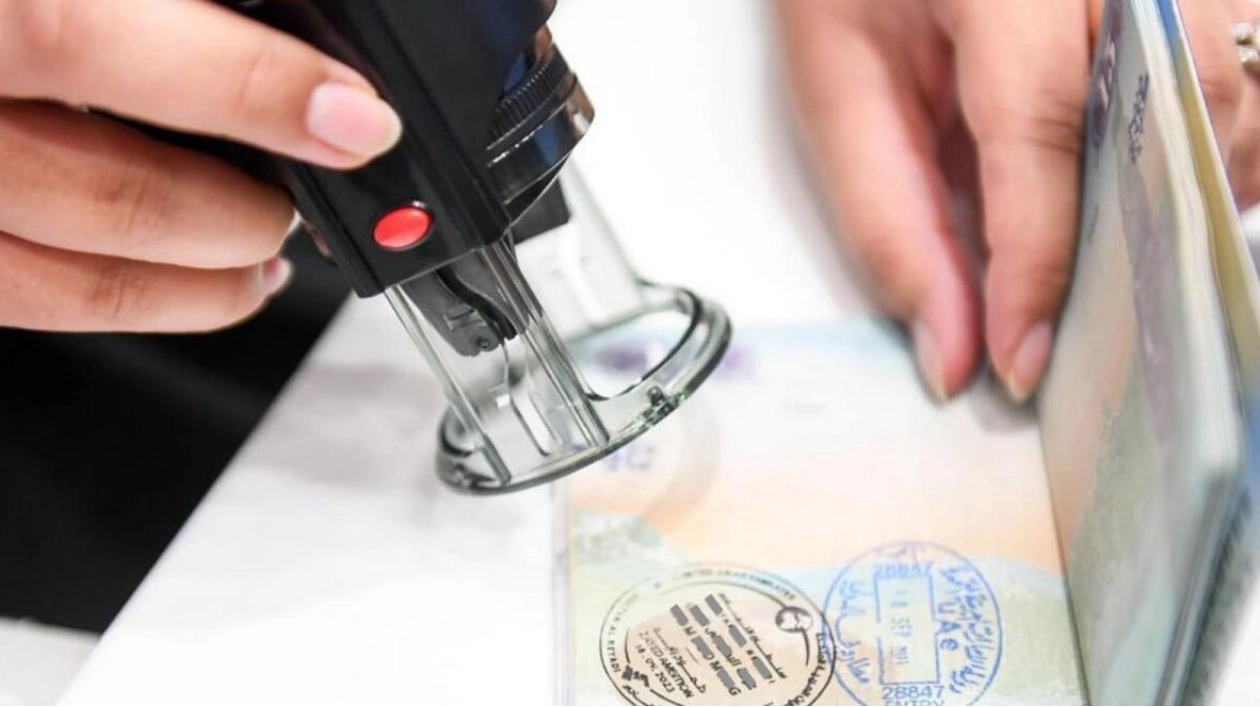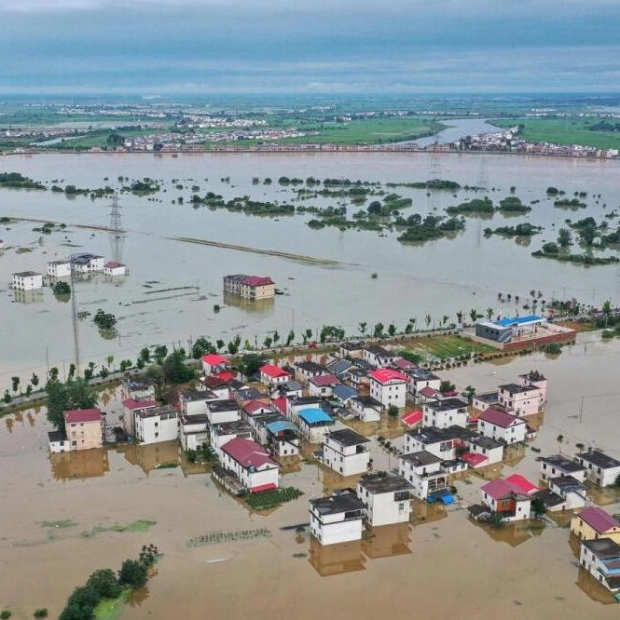A new study reveals that employers in the UAE allocate between Dh7,000 and Dh20,000 for the visa expenses of domestic workers traveling overseas, contingent on the urgency of the request. The domestic worker visa permits individuals to maintain their roles in private households such as cleaners, chauffeurs, cooks, nannies, or personal care providers while abroad. This visa is employer-specific and its validity typically hinges on the domestic worker's continuous employment within the household. Visa durations fluctuate depending on the employer's stay in a specific country, generally spanning several months.
The Visa Services highlighted that the ultimate cost is influenced by the number of travelers and the urgency of the visas required. For instance, if a trip is planned well in advance, the cost for visas for two nannies, inclusive of document preparation, ranges from Dh5,000 to Dh7,000. In contrast, the expense for three highly urgent visas for a family comprising two nannies and a driver amounts to Dh20,000.
A significant number of UAE residents, including both nationals and expatriate families, travel to cooler climates during the extended summer and school holidays. Some families opt to bring their domestic workers along during these breaks. Consequently, The Visa Services has noted a surge in domestic worker visa applications since the start of 2024, peaking in June 2024. From January to June, the monthly increase in domestic worker visa applications varied from 15 percent to 66 percent.
Anastasia Yanchenko, CEO of The Visa Services, stated that the peak period for domestic worker visa applications in the UAE is prior to summer, from March to mid-June, and before the winter school break. However, inquiries are observed throughout the year. The growth in demand is attributed to the UAE's strong economy, rising disposable income among families, an expanding expatriate population, and the summer travel season. Europe, the UK, and Russia are the top destinations for these visas, driven by the tendency of local families and expats to visit their home countries or preferred vacation spots during the UAE's hot summer months.
Between May and July 2023, approximately 320 UAE domestic worker visas were issued, with nannies dominating the applications, accounting for 14 percent of all Schengen visas during that period. By May to July 2024, this number had soared by 137.5 percent to 760 applications, with Filipinos making up 90 percent of applicants, followed by Algerians, Ethiopians, and others. This trend underscores the UAE's increasing demand for domestic workers and its impact on global labor dynamics.
Each country has distinct requirements for domestic workers. Some countries do not allow the accompaniment of domestic workers; for instance, while nannies can legally travel to the UK with their employers, this is not permissible in Canada. Certain Schengen countries mandate that domestic workers have been employed by the family for over a year, with the family acting as the direct sponsor. The UK requires a contract and financial documents from both the domestic worker and the sponsoring family, whereas the USA has requirements akin to a standard tourist visa.
Yanchenko emphasized that every case is unique, with regulations differing by country and often influenced by the applicant's nationality. The UK and US have particularly stringent rules, necessitating careful document preparation to comply with their labor law standards. Additionally, housemaids from India and Sri Lanka require both a visa and a consular stamp to travel to Europe, or their applications will be denied. The Visa Services' expertise in navigating these complex requirements ensures that clients are well-prepared for the visa application process.
Looking forward, The Visa Services anticipates that the demand for domestic workers in the UAE will persist in rising, fueled by the country's growing expatriate population and the continuous expansion of the middle class.






